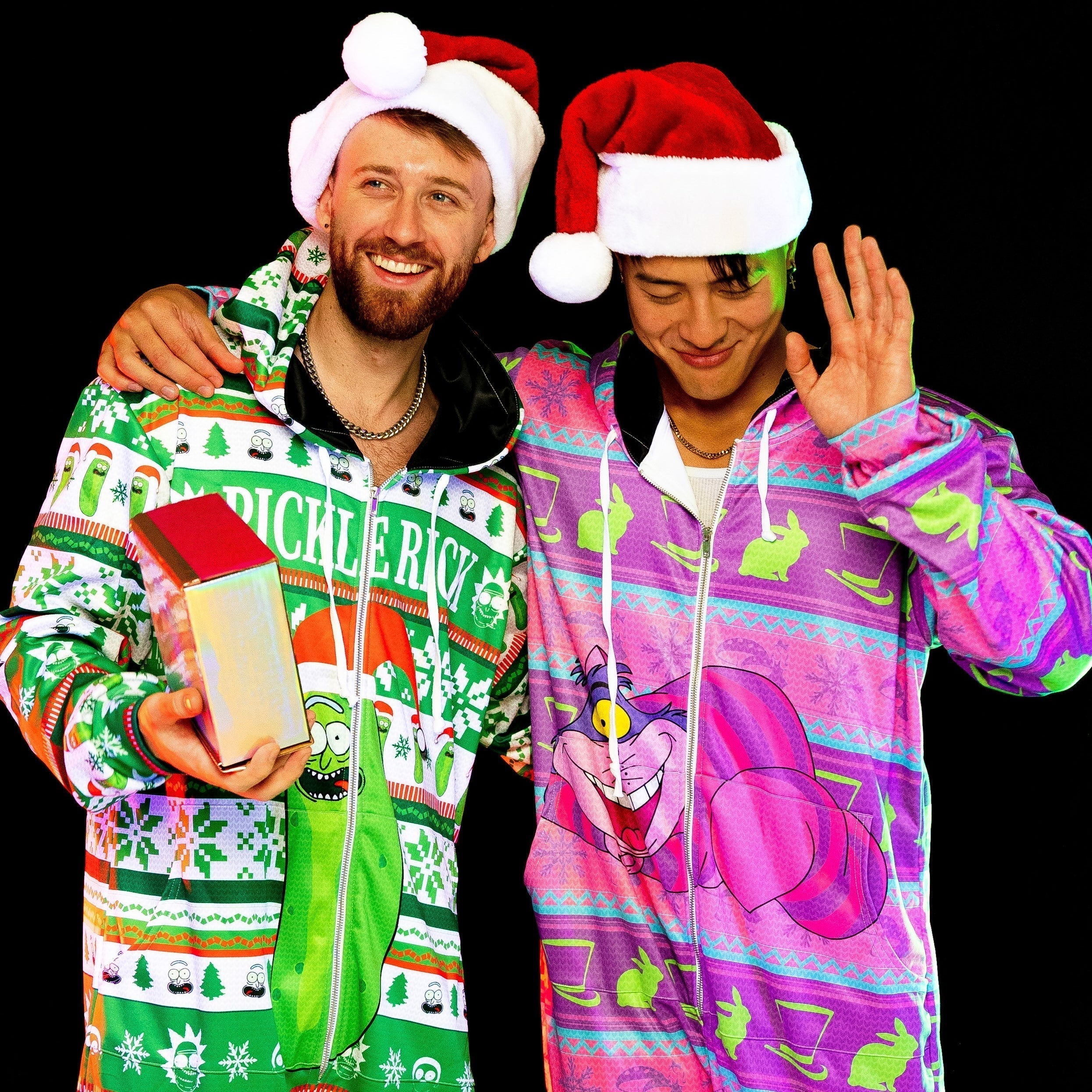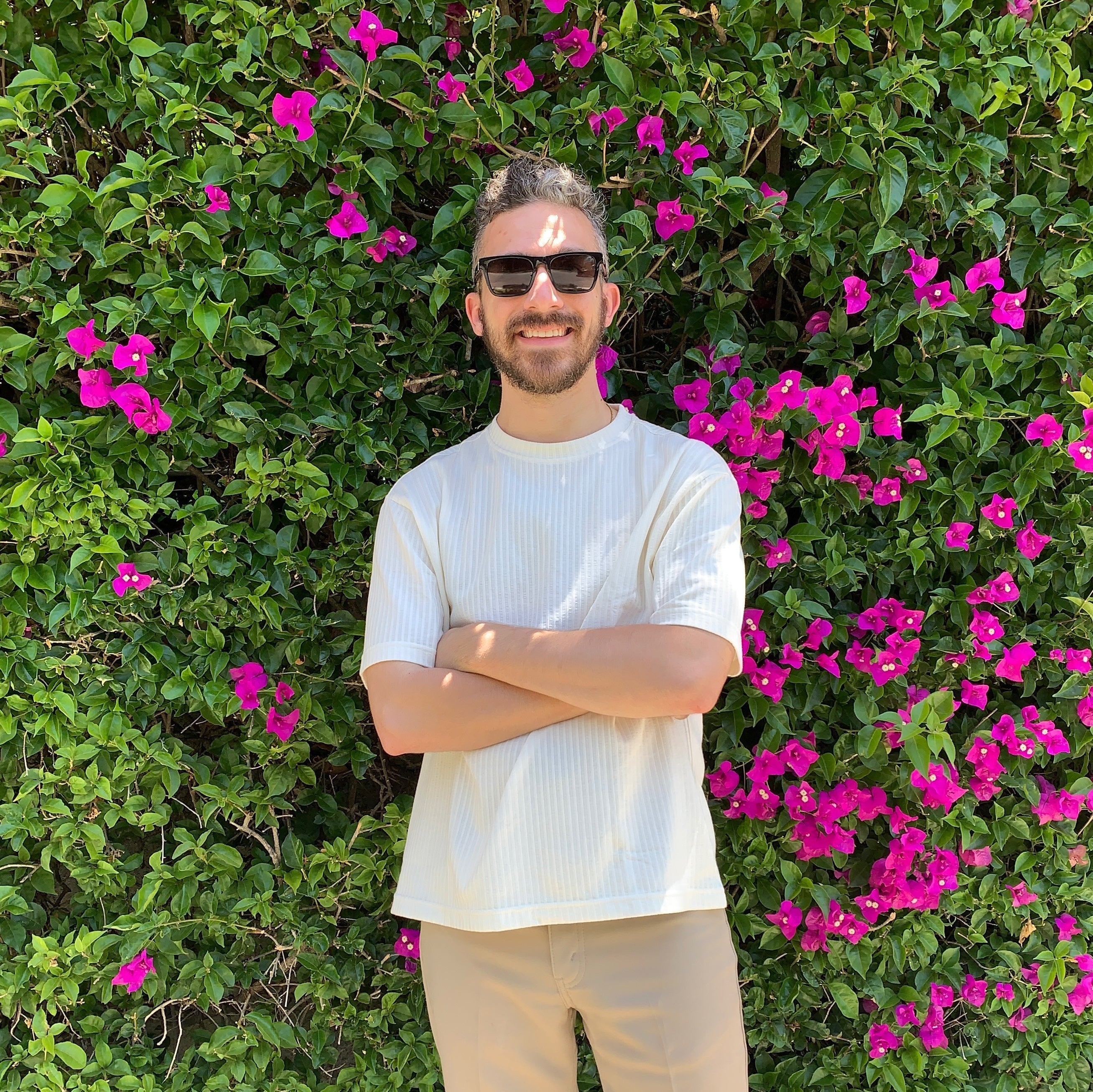EDM History: The Evolutionary Timeline of Dance Music
Dance music didn't just emerge out of the blue. It's had a long historical evolutionary and oftentimes revolutionary journey. From the swinging speakeasies of the 1920s into the dimly lit jazz clubs of the city, the originators of dance started out traditionally. It wasn't until the mid 20th century that dance music really started to pick up with the advent of electronic instruments.
Dance music can count a myriad of musical genres as progenitors of the current iteration of sound. It took a while for dance music to settle under an umbrella term, and some still hold on to genre distinctions today.
There were many different genres that merged and evolved over the years to get to where we are today. We'll start during a great American era, the counter-cultural revolution of the 60s. Let's take a look at what was going on during the times with popular music, dance genres and the general scene:
1960s
Rock
It was an era defined by the beat movement from the 1950s flowing into the hippie flower child revolution. Rock N Roll of course had its heyday with some of its main artists splintering off into more experimental dance sounds. You can count the likes of Jefferson Airplane, Jimi Hendrix, and The Doors to name a few.
Not what you would traditionally think of as dance, but it certainly had an influence. How many times have you heard "Somebody To Love" remixed into some main stage DJ set?
Funk
What really set the tone for Dance music was funk. Musicians involved in the funk genre set the tone for the rest of the 60s and into the 70s. Like a lot of African-inspired music, funk features a groove that emphasizes the bass line and drum. Sound familiar?
Some of the best grooving artists started here and continued to have successful careers the next decade. James Brown was of course leading the way. Some of other names include Marvin Gaye, Parliament, and Kool & The Gang. To get an idea of the sound we go back to 1959 at the turn of the decade and listen to the classic, "Shout" by the Isley Brothers.
Many of these artists didn't have a major hit until the next decade. Funk blended elements of R&B, soul, and jazz. It wasn't uncommon for artists to go back and forth from funk to disco.
1970s
Arguably one of the most important early decades for dance music. It was a breeding ground for experimentation and genres taking off. This was the start of major funk hits and most importantly disco.
Moog synthesizers created during the late 60s began to become a major facet of dance music. There was a natural outpouring and mixing between multiple dance genres.
The discos were one of the first places to harbor a dancing atmosphere. Taken from the French discotheque, America was finding a new place to party. There were many crossover mainstream hits. Major stations aired the syndication television show Soul Train. Club goers were of varying backgrounds and orientations. Italian Americans, African Americans, and Hispanics were early adopters of this dance movement.
It was here that the four on the floor beat was mastered with ascending vocal accompaniment. Donna Summer was a hit superstar, along with KC and the Sunshine Band, the Bee Gees, and many more. Anthems from The Village People filled dance halls while disco dancers stepped in line to one another and felt the rhythm all night long.
How could we forget the John Travolta, Bee Gees infused mega-hit of Saturday Night Fever. A coming of age film that defined the decade of disco music. Dance music's early roots of inclusiveness and self-expression was being born. Timeless traditions of getting together and dancing were solidified.
Disco had hit its peak sometime in the 1970s. Disco was a global phenomenon that began to falter at the end of the 70s. There was a backlash to it that the main genre never recovered from. Instead it fractured off into the many different flavors of music into the next decade.
1980s
What a decade. An era of one hit wonders and pop music imbued with electronic music was the mainstream appeal. The descendants of disco began to splinter off in the 80s. Reigning stars like Michael Jackson set the decade off with songs like "Don't Stop 'Til You Get Enough." There were some major advances that led the way for this type of music.
An emergence of the 808 Drum Machine revolutionized the way music was created. A signature sound that would change what dance music sounded like. Underneath the scene was the birth of techno and house music. Genres that wouldn't get their time in the limelight until much later on in their history.
This decade was filled with good music as people from all areas were getting in the game. The retro sound can be heard most with artists like Depeche Mode. A style that still is relevant today. This is evident by the early Marvin Gaye hit, "Sexual Healing" that saw quite the revival with the Kygo remix.
1990s
As you can see from past decades, mainstream popular music and dance music always intermingled. The underground scene of house and techno began to rise up during this decade. Arisen alongside that was what we now know as trance music.
In the nineties there was a rapid movement of dance. In Europe, what we see today was becoming common. Outdoor festivals and nightclubs were major hits around the European scene. You only had to go to Ibiza to see where the party was at.
It was also a time that saw dance music more reserved for the underground. Sure there were major hits, but we know of today has slightly gone down. A majority of current EDM fans were born in the 90s. So it's become a great nostalgic throwback to bring and refashion into new music. Le Youth does this nowadays with his music.
Early 2000s to the Current Era
Our current era including the past 15 years has been the wave that finally crashed into prominent dominance. Dance music is a constant fixture in our lives now. From the early David Guetta mainstream collaborations to Skrillex & Deadmau5 starting a new wave of sound.
Festivals have hit an all high popularity, bringing with them millions of fans to party together out and around the world. Most nightclubs are the premier destination to hear the latest tunes and see the hottest DJs. In terms of genre, it really can't be defined any other way. Under the umbrella term of EDM we include everything electronically based.
Electronic dance music is a fixture of the times and we are excited for EDM's future.







![[LISTEN] Finn Forte Channels Pure Club Nostalgia On 'NYE 1999 (Hold Me Like It’s 1999)'](http://iedm.com/cdn/shop/articles/spotify_header_800x.jpg?v=1767633566)








